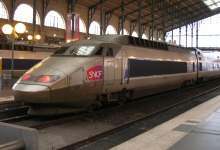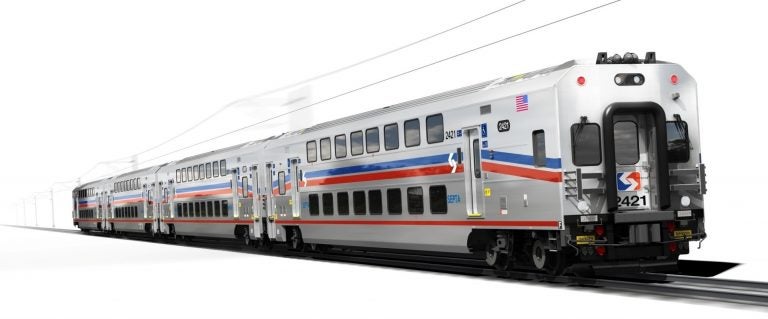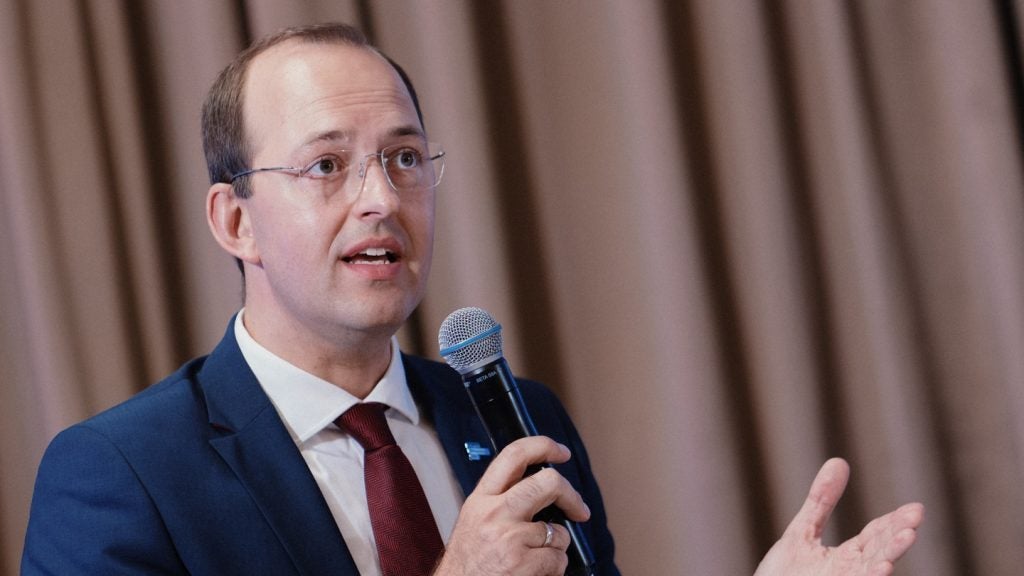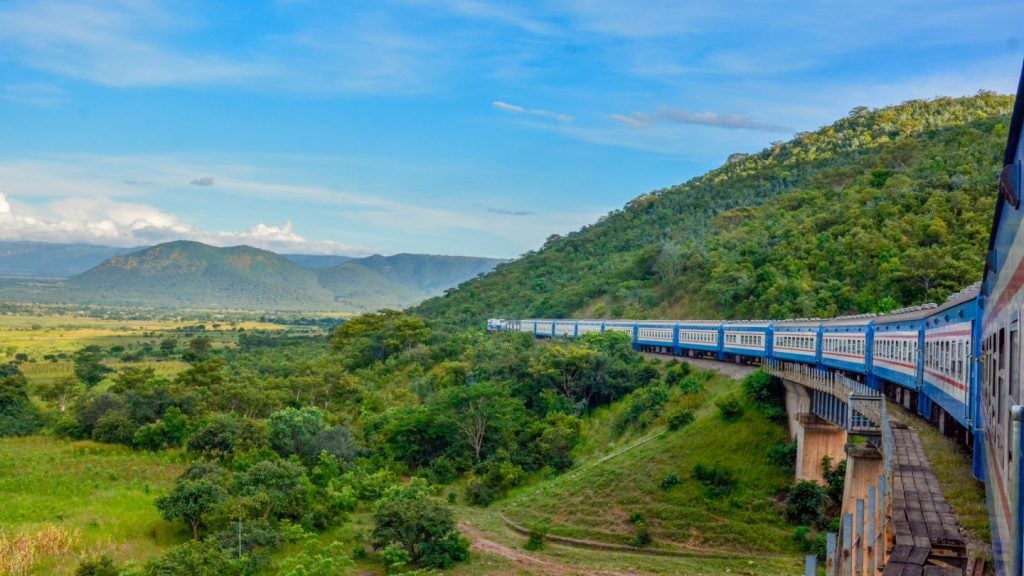

Play or get played. That was the essence of the message put forward to the rail industry by technology specialist Amadeus at its 2015 forum in Barcelona this week. Embrace the principles of the sharing economy and the disruptive potential of technological innovation and opportunities to boost market share and appeal to new audiences will abound. Ignore them, and the BlaBlaCars of the world will do to trains what Uber and Airbnb have done to taxis and hotels.
Alluding to an industry-wide shortcoming, Amadeus director of rail and ground travel Thomas Drexler highlighted that whilehigh-speed rail infrastructure had almost doubled between 2002 and 2012 across the 28 EU states, rail travel’s market share of transport had only increased 0.6%. The primary service of getting people from A to B had markedly improved, but something else had stopped the investment from delivering the expected dividend.
The assessment from Amadeus is that the industry has focused too much on getting people to their destination and not enough on enabling them to enjoy the journey. Consequently, it must now put customer service at its core. It must look to learn more about those customers than just age and gender to understand why they are travelling and what else they would like to get out of it.
Taking customers’ desires on board
In Future Traveller Tribes 2030, a research project commissioned by Amadeus and discussed in depth at the forum, six categories of customer are identified. The Simplicity Searchers crave ease while the Cultural Purists embrace the ‘breaking free’ element of travel. Reward hunters can be lured by luxury, with Eurostar’s tie-up with Raymond Blanc for its premium food service held up as an enticement of this ilk, while Ethical Travellers are led by their carbon conscience. Those driven by necessity, including business travellers, are Obligation Meeters, while Social Capital Seekers are searching out opportunities to gain traction on Twitter and Instagram.
Seasoned industry execs may well wince at such terms and wonder what relevance someone’s social media footprint holds to selling them a train ticket, but the central argument of developing a deeper understanding of customers carries weight. In the travel space, ride-sharing start-up BlaBlaCar is eating into rail’s market share by playing to people’s preference for flexibility and freedom, but is heavily data-driven.
How well do you really know your competitors?
Access the most comprehensive Company Profiles on the market, powered by GlobalData. Save hours of research. Gain competitive edge.

Thank you!
Your download email will arrive shortly
Not ready to buy yet? Download a free sample
We are confident about the unique quality of our Company Profiles. However, we want you to make the most beneficial decision for your business, so we offer a free sample that you can download by submitting the below form
By GlobalDataSee Also:
Six railway giants have launched Railsponsible, a new initiative promoting sustainability.
"Just understanding that your customer is a person has a lot of potential. Don’t think about just selling a ticket to a customer, but try to engage into a more meaningful relationship with them," says Albert Canigueral, an innovation strategist and founder of collaborative consumption site ConsumoColaborativo.com. "BlaBlaCar is a disruptor of rail travel. It’s a competitor like a bus company at least. The key lesson is to understand that when customers have a lot more capabilities, you can grow very fast."
Focus on the journey, not just the destination
From hosting pop-up shops on station platforms or TED talks on specific carriages, Canigueral believes that there is broad scope for innovation in improving the onboard experience and catering for different categories of customer. A less outlandish suggestion is for companies to start asking customers for their real end destination rather than just the final stop on the rail network. "If you have that information maybe you can do something with that," he says.
Asked how established rail operators, with their large workforces and often bureaucratic operating structures, might seek to infuse an element of the tech start-up mentality, he suggests partnering with relevant firms in the space rather than seeking to go it alone.
"Doing the partnership thing is win-win. The start-up leverages the scale and the brand that the established company has and the established company can understand and assess what is going on and what it can add to the business." He highlights France’s national rail operator SNCF, which has partnered with start-ups and opened up large amounts of its data, as a forward-looking rail operator.
Amadeus vice president of distribution marketing Decius Valmorbida, who presented the findings of the Future Traveller Tribes research at the event, agrees that one of the major issues the industry needs to address is making the booking process more open.
"When you look from the perspective of the traveller, he’s not expecting fragmentation, he’s buying a trip, a full destination, that can be a two-week journey with many touch points," he says.
Achieving this seamless process in reality, which would open up opportunities for rail travel to take on a more international appeal, will demand a more forward-thinking outlook from an industry often seen as reluctant to change, particularly when it comes to empowering customers.
Plugging into the modern traveller’s expectations
Asked for examples of outdated thinking in the industry, Drexler identifies the fact that onboard WiFi access is still unavailable or unreliable on many trains across Europe and the number of available plug sockets is increasingly insufficient in a world where travellers are becoming more reliant on multiple mobile devices: "That’s something where they have to improve quickly."
Beyond their ease, catchy slogans, and clever algorithms, the disruption caused to established industries by tech savvy upstarts is also largely down to the simple appeal of being cheaper. Uber and BlaBlaCar strip out the cost of actually owning cars and pass the saving on to the customer.
Such opportunities are not open to rail operators, but Drexler is clear that it must compete more on cost: "It will not necessarily always come to an undercut in terms of pricing, but they should at least be competitive. If you compare air prices with rail prices on a certain route where they are competing, the rail ticket price needs to be competitive."
Whether or not the trains of tomorrow will be filled with the satisfied smiles of obligations being met and social capital sought, is up for debate. But the overriding argument that the rail industry must improve both its understanding and enabling of its customers’ needs is bang on track.






